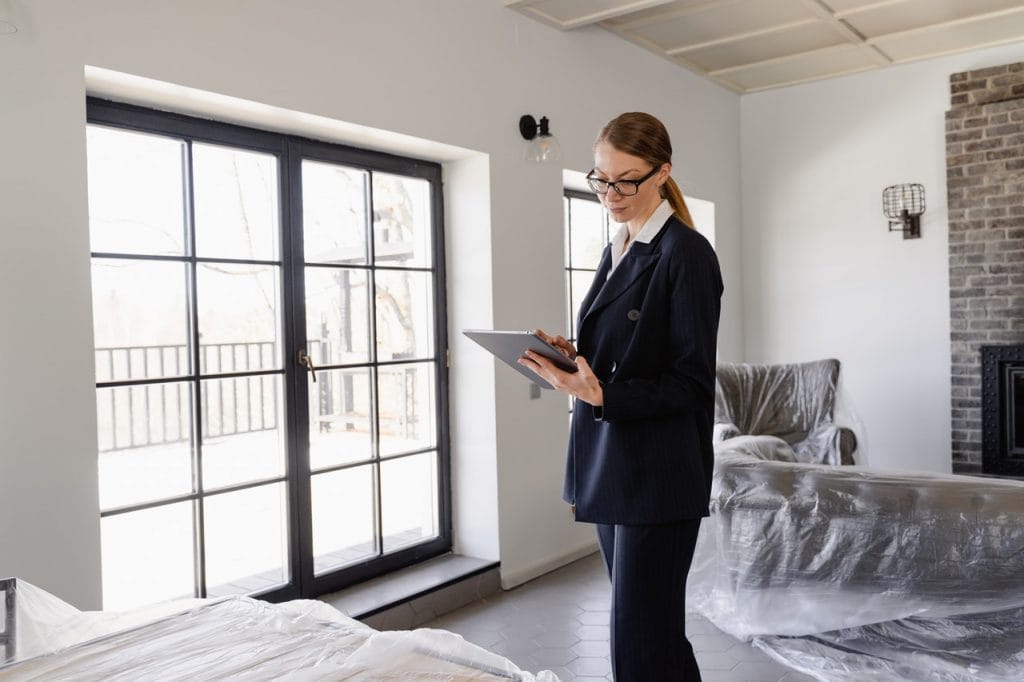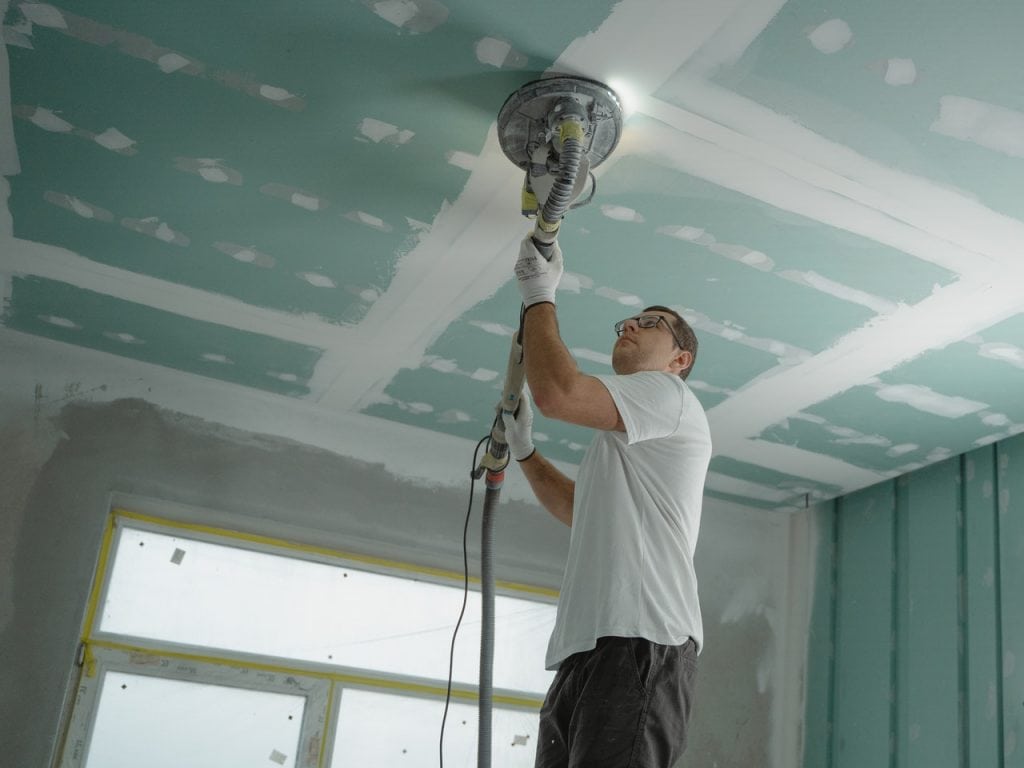For many people selling their homes for the first time, the house appraisal might just seem like another minor step in the process. More often than not, home appraisals tend to surprise home sellers in often uncomfortable ways. Your house might be appraised for more or less than it’s worth, which can make or break a deal with a potential buyer. The key to getting through the home selling process, and US real estate in general, is to stay calm and rational. To help you do that, we’re going to lay out what to expect from a house appraisal.
First off, what is an appraisal and what is it for?
An appraisal is supposed to be an unbiased, professional’s opinion on what your house is actually worth. Appraisers take a variety of factors into account to come up with that value, which we’ll get into later. Just know for now that an appraisal is technically a third party’s say on what your home’s price should be.
You the seller won’t typically get an appraisal done, that’s up to the buyer. The buyer has to get a potential house appraised so that the bank, who would be lending them money, knows that the value of the house they’re “betting” on is equal to the amount of money they’re lending. In short, an appraisal is between the buyer and the mortgage lender.
What to expect from a house appraisal in the US

The adage ‘expect the unexpected’ most definitely applies to getting a house appraisal in the US. The quality and content of a house appraisal varies radically from place to place and even on an individual basis. This variance is why it’s good to use a local real estate agent to help you know what to expect from a house appraisal in your area. When you’re getting your house appraised, prepare to either have the appraiser make the briefest, most cursory overview of your house, or an in-depth deep look at everything about your house.
An appraiser could just swing by your house, take some pictures of your house’s front from the comfort of their car, or they could go over every inch of your place and even get down on their hands and knees in your crawlspace to check the underside of your house. It really depends, so it pays to be prepared to have your house look as nice as possible.
What might seem like a minor defect to you (scratches on your hardwood floors or a sagging roof over your porch) might wind up knocking thousands of dollars off your home’s appraised value. That could complicate things between you and the buyer, wouldn’t it?
To make matters a bit more scary, some appraisers are have specific guidelines set by the lender. For example, an FHA appraiser must check to see that the windows can be opened. If they can’t be opened, then your appraisal will be significantly delayed.
The best advice for dealing with nosy appraisers is just to get your house looking as nice as possible when they come through to check it out.
Another thing to keep in mind, however, is that the houses around your home are just as important as your home on its own. Appraisers will look at comps (comparisons to other houses similar to yours) to arrive at an appropriate value for your home.
This can be both a blessing and a curse. If all the other houses in your area are selling or listing at high prices, chances are your house’s appraisal will reflect their high prices. Scoping the competition in your area is just one of the things to consider when pricing a home for sale. Conversely, if your neighborhood is going down the tubes and none of the houses are listing high, it won’t matter how nice your home is on its own. Neighbors matter, neighborhoods matter.
One way to “game” this aspect of getting your home appraised is to monitor what the homes in your neighborhood are listing and selling for. If you start noticing that number rising, that’s a sign to sell your home so that when your house gets appraised that appraisal will reflect the overall increase in value of your neighborhood.
Are there any key things about your house that appraisers focus on?

Yes! Appraisers look for a few different things in your house to come up with their magic number. Square footage is an obvious component of your home’s value, it’s a good clear number easily comparable to other houses. They also look for storage space i.e. closets. Make sure when they come to appraise your house your closets are empty and wide open for them to see all those glorious cubic feet of storage space. Finally, appraisers will look at any upgrades you’ve made to your home that add value.
If you want to really make that appraiser happy, upgrade your home by adding more square footage and storage spaces: more rooms, more closets. A good way to do this would be to finish your basement if you have one or if you’re ready to tangle with building codes and what not, add rooms to your house.
Beware that any upgrades you make to your home might turn away more buyers than they’d bring in. For instance, you might love faux-brick flooring in your kitchen, but by installing that in your house you’re limiting your future homebuyer base to people who like faux-brick flooring. When you’re selling your house, you want it to look like a blank canvas to attract as many potential buyers as possible. The buyer should always be your top priority because without them, you won’t get an appraisal in the first place.
The US Appraisal Process Walkthrough
- Determine the major factors of the “subject” house (your home if you’re selling). This includes
- Age of the home
- Age of major appliances
- Overall Condition of the home
- Home size
- Bedrooms & Bathrooms
- Additions
- Yard Size
- Others!
- Look for 3 – 5 homes in the neighborhood that match in style, size and year built.
- If needed go out to 1 mile radius. For dense cities like the Atlanta real estate market, an appraiser might not have an official neighborhood, but they could use a small quarter mile radius and go from there. However, in a suburban town like Richardson TX, the appraiser is likely to stay in the neighborhood or subdivision.
- Make adjustments to each home based on the subject. For example, if a home sold for $200,000 and had a basement, but your home does not, then the appraiser will adjust the price down on the comparable.
- Blend the numbers of the selected home to come up with a price
- Usually there are two types of appraisal values. One they submit for the loan and another one based on price per square foot.
- It’s helpful to note that the appraiser in a home purchase sees the contract price. It’s extremely rare for them to appraise a home over this value due to this.





